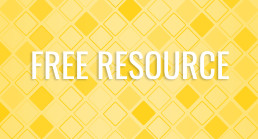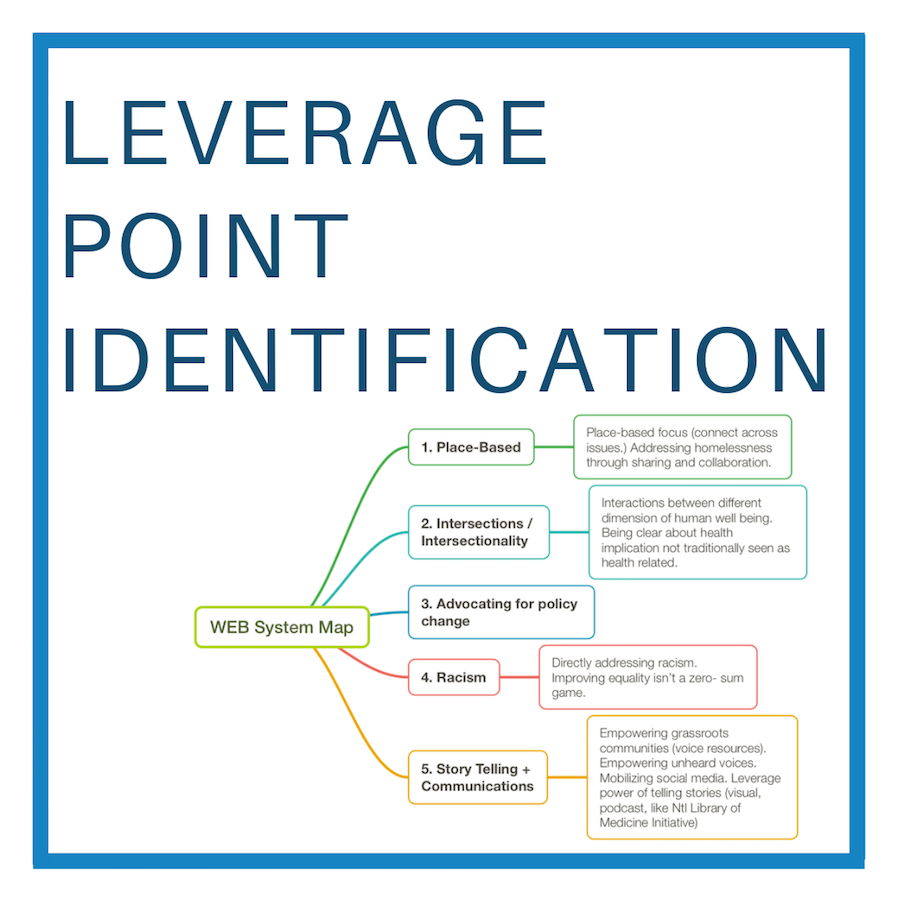Identifying Leverage Points to Focus Action
The idea behind the identification of leverage points is the assumption that working in some areas can be more productive than others. A leverage point is a place where, if people focus their collaborative efforts, they can begin to shift a system because there is a new opportunity emerging for change. This new opportunity might be a new openness and awareness in people (for example, the recent focus on dismantling racism and white supremacy) or change in policy or in the availability of new resources.
Instead of simply working on the most important action, identification of leverage points is helping people look for something that is most likely to succeed, and will build new momentum for change. The opportunity makes it more likely that any action the group does will be successful and make a difference.
Often working in a leverage point will bring together new partners who will have different perspectives on the problem and when the leverage group discusses what to do, they often make breakthroughs in the way they think about the problem or issue.
Another important aspect to leverage points is that they will start shifting the system on several different levels simultaneously. For example, when a group I worked with recently decided to work on dismantling racism and white supremacy, they read the article by Tema Okun, then discussed how they saw examples of white supremacy culture in their own behavior and talked about how they could shift that behavior. They took a network values survey that helped them see their strengths and challenges as a group around interacting in new ways and generated a set of actions to shift as a group. They also talked about how they could bring this awareness back to their organizations and communities.
Some networks do a system mapping activity to identify leverage points but this a process that takes more time. If you are interested in this, you can check out the course on System Mapping offered at no cost by Acumen.
The free resource for this week is Leverage Point Identification Activity which you can find in the Resources section here.

